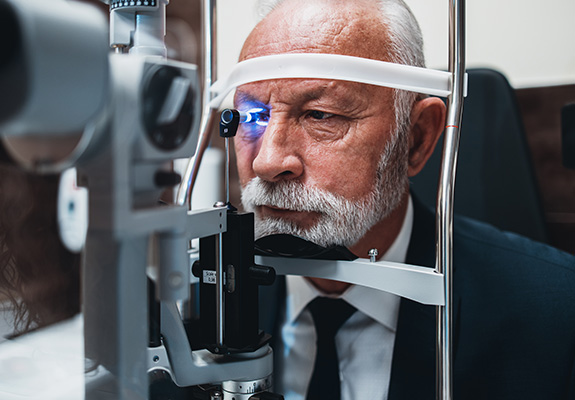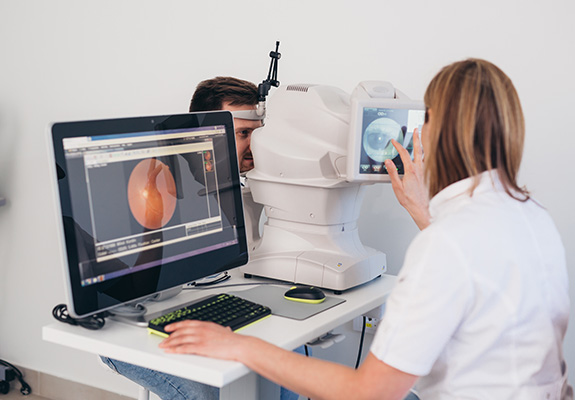
For many people, contact lenses are a convenient and effective way to improve their vision. However, just like with glasses, your contact lens prescription can change over time, which is why it’s important to update it regularly. But how do you know when it’s time to update your contact lenses? Let's take a closer look at the factors that can affect your prescription and the importance of regular eye exams.
How Often Should You Update Your Contact Lens Prescription?
The general recommendation is to have an eye exam and update your contact lens prescription annually. During your exam, your optometrist will evaluate your vision, assess the health of your eyes, and make adjustments to your prescription if necessary.
However, there are situations where you may need to update your contact lenses sooner than expected. Let's explore the signs and factors that indicate it’s time for a change.
Signs You Need to Update Your Contact Lenses
Several key symptoms could indicate that your current contact lens prescription is no longer effective:
Blurry Vision: If your vision has become blurry or unclear, even when wearing your contacts, this could be a sign that your prescription needs to be adjusted.
Eye Strain or Fatigue: Straining to see, especially after long periods of wearing your lenses, may indicate that your eyes are working harder to compensate for a prescription that’s no longer accurate.
Frequent Headaches: Headaches are a common symptom of uncorrected vision changes. If you’ve noticed an increase in headaches, it may be time to have your eyes checked.
Discomfort: If your contact lenses are causing irritation or dryness, or if you’ve developed a sensitivity to them, your prescription or lens type may need to be updated.
Difficulty Seeing at Night: If driving at night or reading in low light has become more difficult, it could signal a prescription change.
Why Regular Eye Exams Are Important
Your vision can change gradually, sometimes without you even realizing it. Regular eye exams are essential for catching these changes early and ensuring your contact lenses are properly fitted to provide optimal vision correction.
During an eye exam, your optometrist will:
Measure your current vision and determine if your prescription has changed.
Assess your eye health, looking for any issues such as dryness, irritation, or infections that could affect your contact lens comfort.
Evaluate how well your lenses fit to ensure they aren’t causing long-term damage or discomfort.
Updating Your Contact Lens Prescription
If your optometrist determines that your prescription has changed, they may recommend different types of contact lenses or adjustments to your current lenses to improve your vision and comfort. For example:
Different material: If your eyes are dry or irritated, switching to lenses made from a different material, such as silicone hydrogel, may be more comfortable.
Updated strength: Changes in your prescription may require a stronger or weaker lens to keep your vision sharp.
New wearing schedule: If you’re experiencing discomfort, your optometrist may suggest changing how long you wear your lenses each day or switching to daily disposables for better eye health.
Schedule Your Contact Lens Exam with Turcotte Martin Eye Today
Your contact lens prescription is a vital part of maintaining clear vision and eye health. Whether it’s due to natural aging, lifestyle changes, or discomfort, updating your prescription regularly ensures that your contact lenses are doing their job effectively.
If you’re experiencing any signs of vision changes, schedule your annual contact lens exam with Turcotte Martin Eye to ensure your prescription is up to date and your eyes are in their best condition. Please call (617) 361-0618 for our office in Hyde Park, or call (617) 609-0095 for our office in Boston, Massachusetts.






